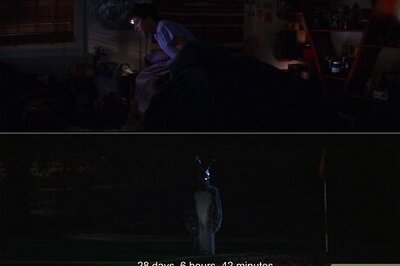
views
It seems that the Supreme Court’s judgment making it compulsory for all Information Commissions to function as a two-member bench, with one of the members having a sound legal background, has once again created confusion. The judgment says that all Chief Information Commissioners should be retired Chief Justices of the High Courts or the Supreme Court.
According to Section 13 (1) of The Right to Information Act, 2005, the Chief Information Commissioner (CIC) shall hold office for a term of five years from the date of assuming office and shall not be eligible for reappointment, provided that no CIC shall hold office after he has attained the age of 65.
“How can a retired Supreme Court judge hold office when his retirement age is 65. Similarly, the retirement age of a High Court judge is 62. Even if he starts serving as the Chief Information Commissioner, he can serve only for 3 years, whereas the RTI act clearly states that the CIC shall hold office for five years,” RTI activists pointed out.
If only retired SC and HC judges become the Chief Information Commissioners, how can the country get 28 retired Chief Justices to head all the State Commissions, they ask.
With such conflicting views and the chances of SC and HC judges appearing to be slim, RTI activists ask whether judges will repudiate their high rank and opt for a lower rank as a CIC.
Adding to the confusion is the bill to raise the retirement age of Supreme Court Judges from 65 to 67 and High Court Judges from 62 to 65. M N Gunavardhanan, State Information Commissioner, Kerala, also affirms that there are confusions regarding the judgement but it could be implemented after making suitable amendments. The activists said that to resolve the issue, the Government should go for a review petition in SC




















Comments
0 comment